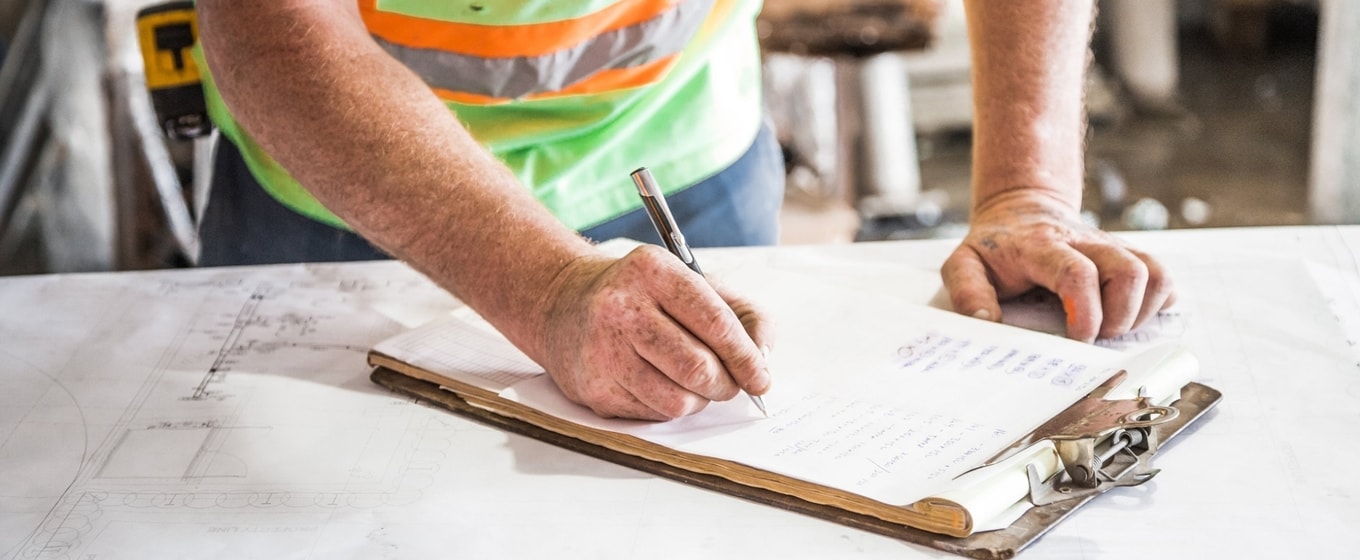The VAT reverse charge for building and construction services came into effect on 1st March 2021 for UK businesses. This new VAT reverse charge has been introduced to help prevent an increase in the £70 billion tax avoidance costs that affected the UK in the financial year ending April 2018.
It’s thought that a high number of suppliers who charge and collect VAT don’t actually submit a true figure to HMRC. To stop this, the reverse charge means that the customer receiving the supply of construction services must now pay the VAT to HMRC directly.
For sub-contractors, this means that the contractor employing them for the job must now pay the VAT directly to HMRC.
How does this impact the construction industry?
As the name suggests, the VAT reverse charge only applies to businesses that are VAT registered and either supply or receive services or goods that are reported under CIS rules. This includes both construction contractors and sub-contractors, but won't include zero-rated services, such as housing construction.
The customer or company receiving services will therefore have to pay the VAT directly to HMRC rather than to the supplier at the point of sale.
If, however, your company is not VAT registered, then you should not apply any reverse VAT payments and therefore the ‘old standard’ will still stand. This means your supplier will have to account for the VAT but it’s important to inform them at the outset that you are not registered.
In practice, this means that if you're a main contractor who gets a VAT reverse charge invoice from a subcontractor, you should simply record it as a normal expense invoice and include it in your VAT return. You will, however, need to account for the reverse charge VAT that the subcontractor notifies you with.
If you're a subcontractor and you're invoicing a customer or another contractor as part of your regular supply chain, you may have to charge VAT as per usual or apply the reverse charge. If you do apply the reverse charge, your invoice total should not, of course, include VAT. You will, however, need to notify your customer or contractor that the reverse charge rule applies and state the amount of VAT to be applied. The customer or contractor will then include that amount on their VAT return.
You can learn more about how the VAT reverse charge works regarding the buying and selling of goods outside of the UK here.
How does this impact wider business operations?
It’s important to note that the way you account for VAT will have to be adapted to comply with the new VAT reverse charge. Another potential concern is that HMRC may look to class you as a repayment trader and, as such, may ask you to move to monthly VAT returns. For many small businesses, this will mean a change in your accounting software and processes, so it's well worth speaking to a specialist accountant or tax expert if you're unsure of how the new reverse charge will impact you.
If you’re fortunate enough to have an accounts department, then you should have received some literature and training advice, but you may still have to consider costs for additional training and making changes to your accounting software and processes.
How small business finance could help
When any new regulation is applied in law there are normally costs to be incurred. New accounting software, training costs and extra time completing invoices and VAT returns all mount up for businesses, especially SMEs who may not have the cash flow buffer required to facilitate these costs.
The major concern for businesses will no doubt relate to your cash flow, because the money you had set aside to pay for the VAT repayment is no longer available in case of emergencies. On top of the financial impact Covid-19 may have had on your business in the last 12 months, it’s no surprise your business may need a cash flow injection to help keep your finances stable.
This is where lenders such as Fleximize can help with short-term borrowing. With flexibility built into loan terms and no early repayment fees, Fleximize’s loans may work better for your business than traditional products such as invoice finance or overdrafts which come with heavy charges if you exceed your finance limit. You can learn more about Fleximize’s products here, or read about how Fleximize’s products are tailored to SMEs in the construction industry here.






These cookies are set by a range of social media services that we have added to the site to enable you to share our content with your friends and networks. They are capable of tracking your browser across other sites and building up a profile of your interests. This may impact the content and messages you see on other websites you visit.
If you do not allow these cookies you may not be able to use or see these sharing tools.